The Philip Koutev National School of Folk Arts is not just any school - it is a talent laboratory. It is the first school not only in Bulgaria but in the Balkans for professional study of folklore. It is located in the heart of the beautiful town of Kotel, which was declared an architectural and historical reserve for its authenyic Rennaissance athmosphere.
Currently, 280 children from all over Bulgaria are trained in the school. They study Bulgarian folk instruments - kaval, bagpipe, gadulka, tambura - folk singing, Bulgarian folk dances, and accordion.
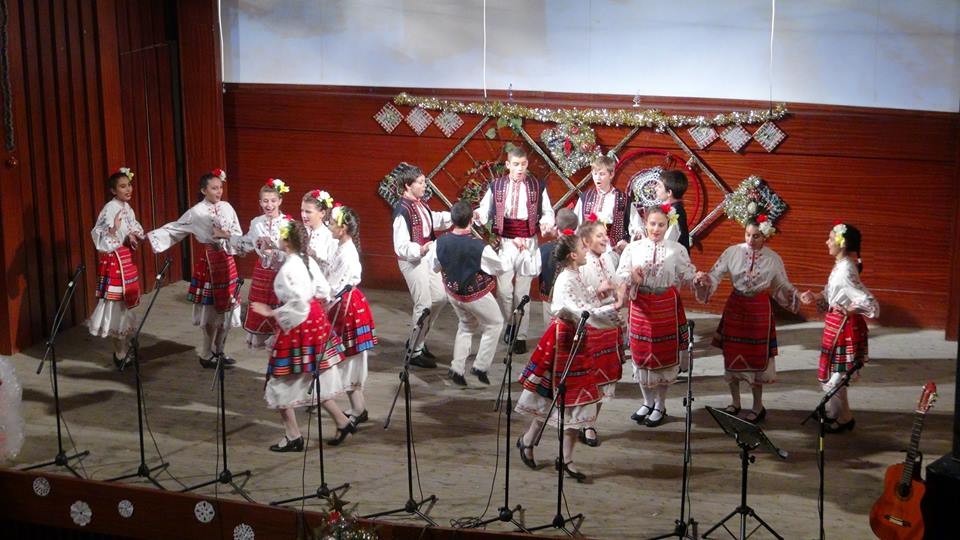
Maria Gradeshlieva has been a head of the the educational institution for 25 years now. For that time the school has become a home for talented children drom across the country. In an interview with Radio Bulgaria, she tell us how the school manages to attract more and more young people to folklore, to inspire in them a love of tradition and a desire to preserve our Bulgarian identity:
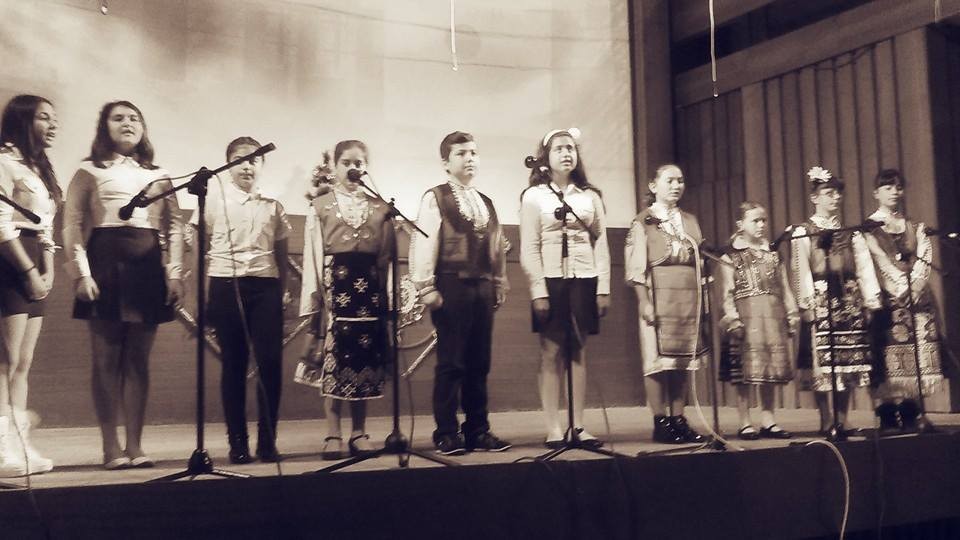
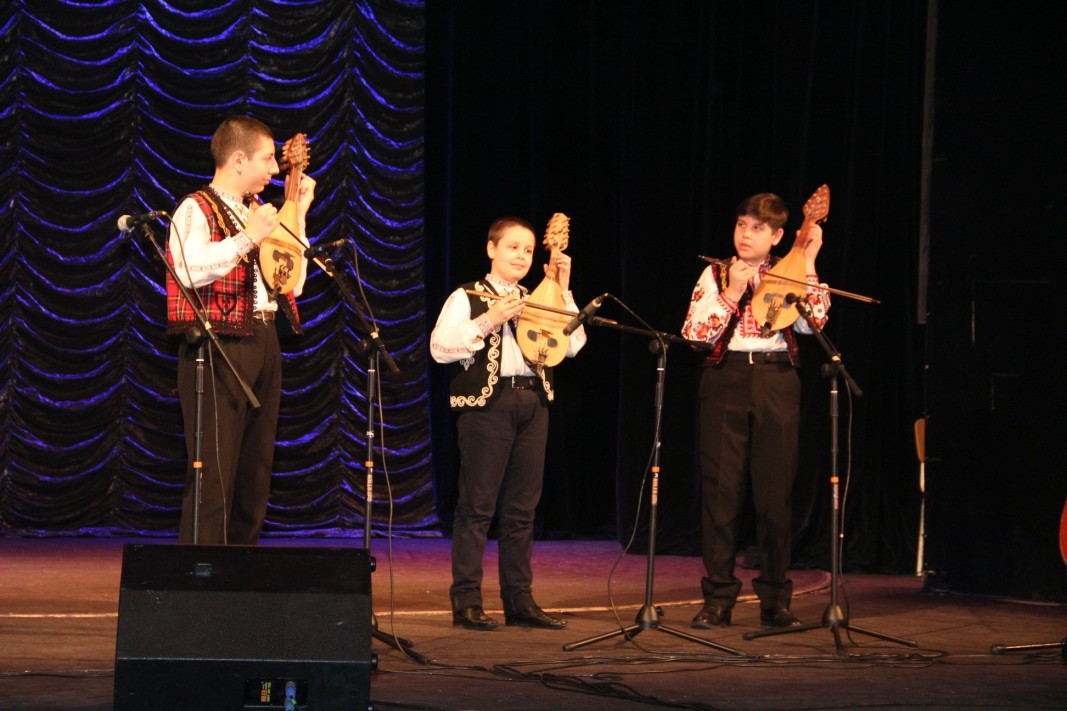
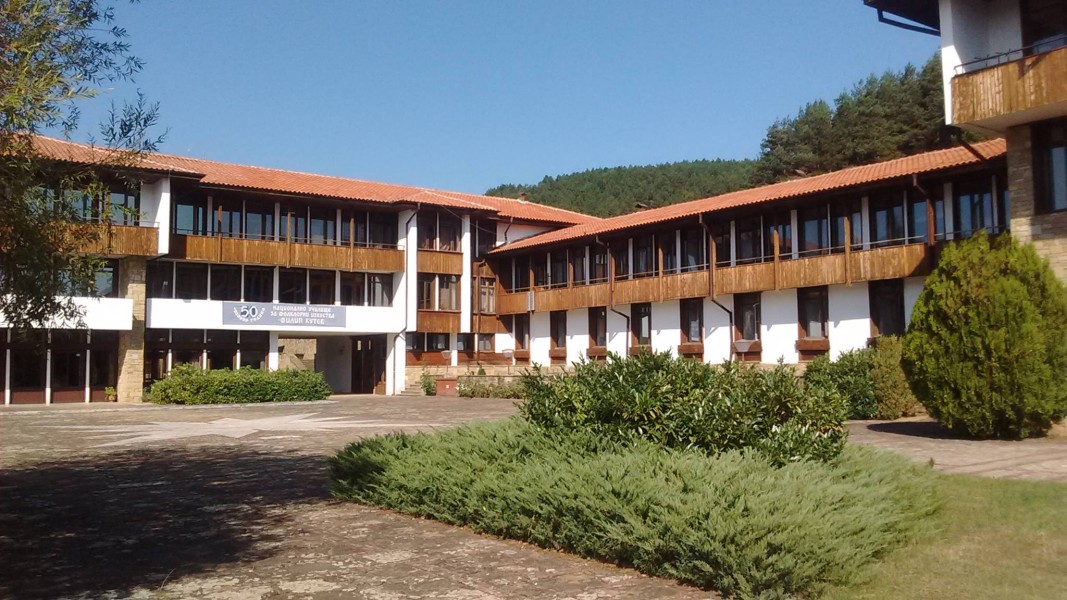
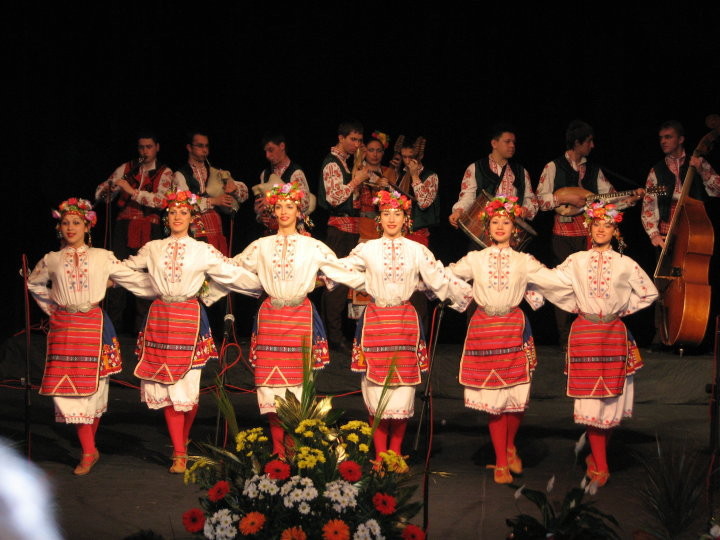


From today until August 24, the 15th Folklore Costume Festival Zheravna 2025 is taking place in the Dobromeritsa area. Over 30 kaba bagpipers will kick off the event (8:00 p.m.), which every year gathers thousands of visitors dressed in..
Bulgarian dance ensemble “Jantra” from Budapest will participate in the fourth edition of the International Folklore Festival “BalkanFolk”, which will be held in early October in Palma de Mallorca, BTA has reported. The initiative..
The heart and rhythm of the Bulgarian spirit – with these words we can metaphorically define the National Festival of Bulgarian Folklore. Traditionally, since the distant 1965, the event has been organized once every five years on the first weekend of..

+359 2 9336 661
